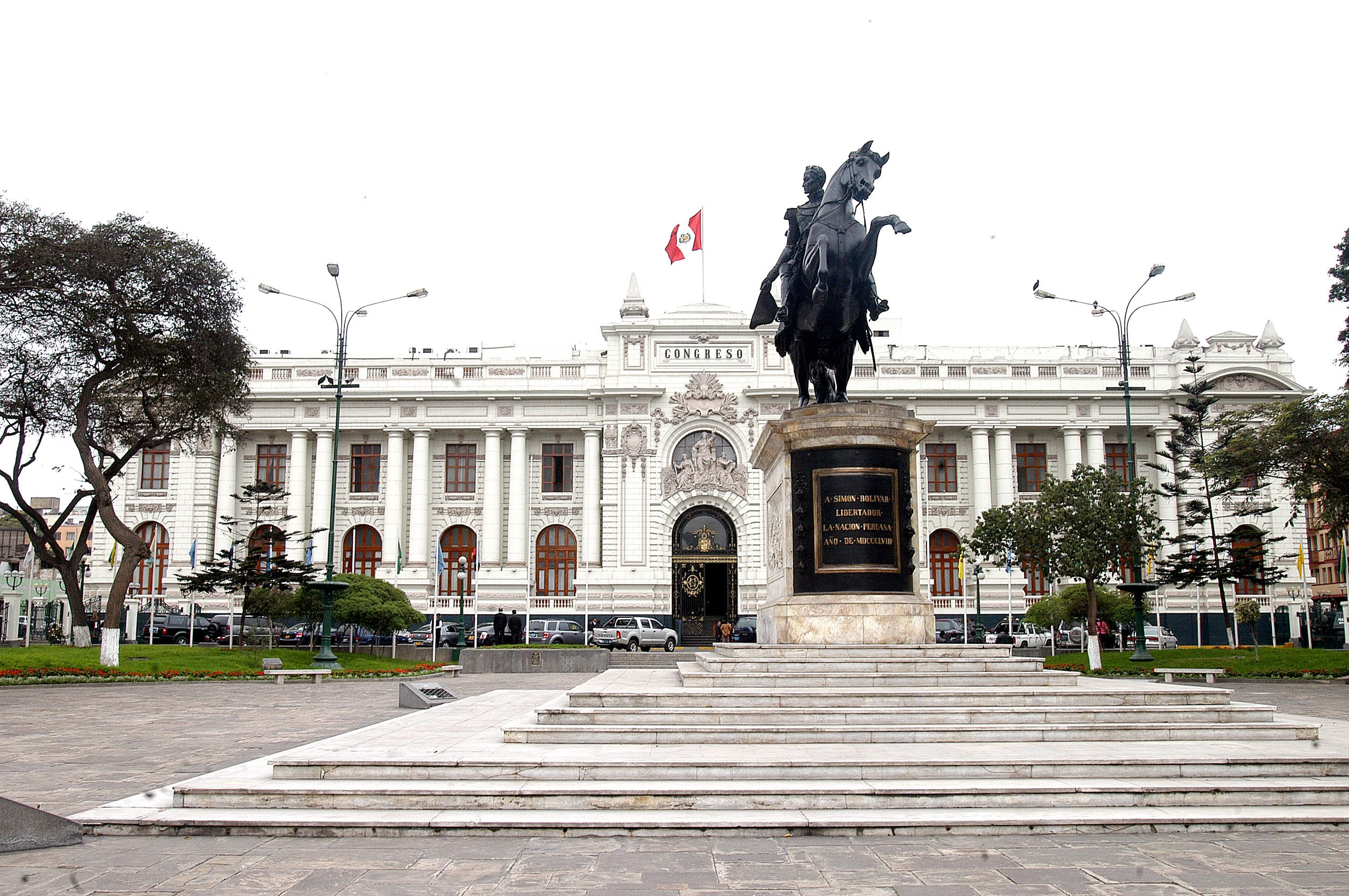RIO DE JANEIRO, BRAZIL – In an extraordinary plenary session of Congress on Tuesday, October 19, the Peruvian Parliament passed, with 79 votes in favor, 43 against, and three abstentions, a controversial law that significantly restricts the so-called “vote of confidence” that would authorize the executive branch to dissolve Congress if it refuses to place its confidence in two Cabinets of Ministers or passes a vote of no confidence.
The current 1993 Political Constitution states in Article 133: “The President of the Council of Ministers, on behalf of the Council, may ask Congress for a vote of confidence. If he is denied confidence, if a vote of no confidence is passed, if he resigns, or if he is removed by the President of the Republic, there will be a real crisis of the Cabinet.”
Read also: Check out our coverage on Peru
Likewise, Article 134 of the Constitution states that “The President of the Republic shall have the power to dissolve Congress when it has passed a vote of no confidence or refused confidence in two ministerial councils.” It goes on to say, “The decree of dissolution shall contain the call for elections for a new Congress. These elections will be held within four months of the dissolution, without changing the existing electoral system.”

These articles of the Constitution were used by former President Martin Vizcarra at the end of 2019, when the President finally dissolved Parliament with a Fujimorist majority hostile to the Vizcarra government from the right.
This is precisely what the current right-wing majority in Parliament is trying to avoid to maintain its political presence and further pressure President Castillo to push his already course even further to the right.
Given the oppositional stance of the current Parliament and the fragility of the government, it cannot be ruled out that the most conservative sectors of Congress, including Fujimorism and military leaders, are thinking of a presidential vacancy, for which this law passed in Congress would pave the way.
The government pointed out that “the possibility for the President of the Council of Ministers and other heads of departments to ask for a vote of confidence is regulated in the Constitution as a counterbalance to the power of Parliament to propose a motion of censure against ministers.”
Critics of the current law, recently passed by a majority vote of Congress, “violates the principle of separation of powers and the responsibilities of the executive branch in connection with the formulation and implementation of public policy.”
In this regard, the President of the Council of Ministers, Mirtha Vázquez, stated on her Twitter account, “It is regrettable that Congress has renounced a broad and pluralistic debate on an issue transcendent to the balance of powers, with a law that endangers our democracy. We will take the necessary measures to prevent the collapse of the rule of law.”
What has happened in Congress is a concrete consequence of the weakness of the government and its increasingly centrist orientation, which has led it to distance itself from the main demands of the workers and the people and their ongoing struggles and to limit its actions to the higher areas where the right-wing has more room for maneuver, which is why today they determine the work of the executive branch.

